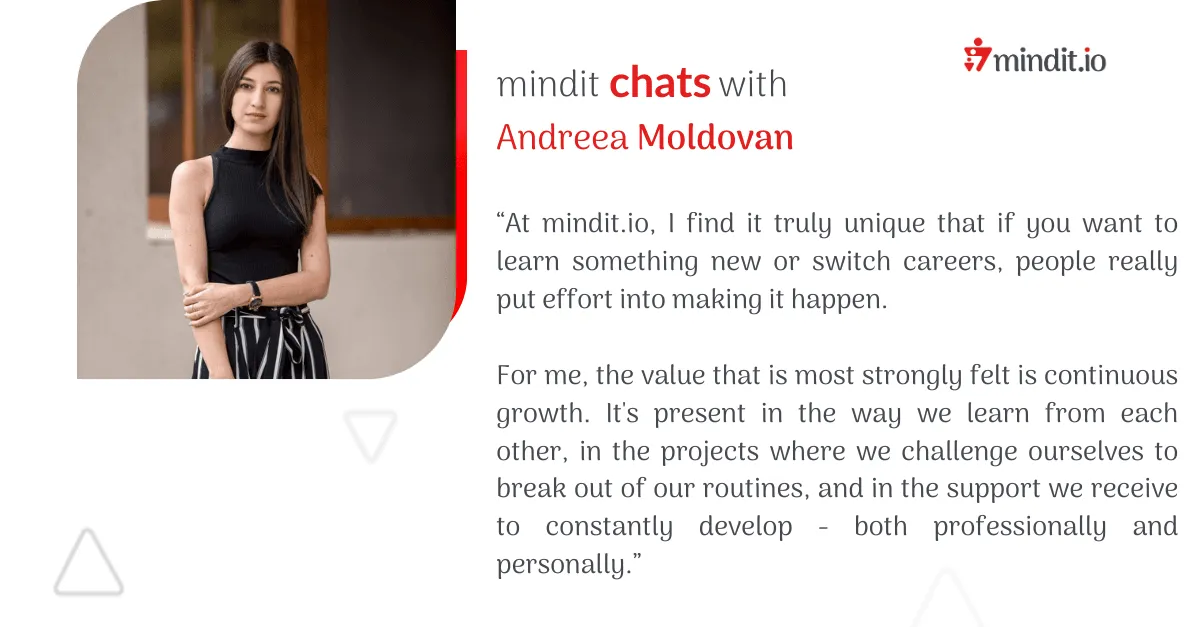The way businesses operate is changing faster than ever, thanks to advancements in AI, data analytics, and software development. Three key areas are leading this transformation: AI-powered user experiences (UX), Conversational Business Intelligence (BI), and Low Code Platforms. These technologies are not just trends—they’re reshaping how we interact with systems, analyze data, and build solutions.
Let’s break down why these topics matter and how they’re driving innovation across industries.
AI-Powered UX: Designing Interfaces That Think
Artificial Intelligence is no longer confined to the backend of systems. It’s now a front-and-center component of user interfaces, enabling smarter, more intuitive interactions. But designing for AI isn’t the same as designing traditional software.
AI-powered UX requires a deep understanding of how users interact with intelligent systems. For example:
Personalization: AI can tailor interfaces to individual users, predicting their needs and adapting in real time.
Natural Language Processing (NLP): Chatbots and virtual assistants are becoming more conversational, making interactions feel more human.
Feedback Loops: AI systems learn from user behavior, so UX designers must create interfaces that encourage meaningful feedback.
The challenge lies in balancing complexity and simplicity. How do you make AI-driven features feel effortless without oversimplifying the experience? This is where thoughtful design comes into play.
Conversational BI and AI-Driven Insights: Talking to Your Data
Data is the backbone of decision-making, but traditional BI tools often require technical expertise to navigate. Enter Conversational BI—a game-changer that allows users to interact with data using natural language.
Imagine asking, “What were our top-selling products last quarter?” and getting an instant, accurate response. Tools like Databricks’ AI/BI Genie and PowerBI’s summarization features are making this possible by combining AI with business intelligence.
Here’s how it works:
Natural Language Queries: Users can ask questions in plain English, and the system translates them into data queries.
Automated Summarization: AI can analyze large datasets and generate concise, actionable summaries, saving hours of manual work.
Predictive Insights: Beyond historical data, AI can forecast trends and provide recommendations.
This shift is empowering non-technical users to explore data independently, reducing the reliance on data teams and speeding up decision-making.
Low Code Platforms: Building Solutions Faster
The demand for custom software solutions is growing, but traditional development processes can be slow and resource-intensive. Low Code Platforms are changing the game by enabling businesses to build applications with minimal coding.
These platforms offer drag-and-drop interfaces, pre-built templates, and integrations with popular tools, making app development accessible to a wider audience. For example:
Rapid Prototyping: Test ideas and iterate quickly without waiting for lengthy development cycles.
Empowering Regular Users: Business users with little to no coding experience can create solutions tailored to their needs.
Scalability: Many Low Code platforms are designed to grow with your business, supporting everything from small workflows to enterprise-grade applications.
However, choosing the right platform requires careful consideration. Factors like scalability, security, and integration capabilities can make or break your Low Code strategy.
Why These Technologies Matter
Together, AI-powered UX, Conversational BI, and Low Code Platforms represent a shift toward more intuitive, efficient, and accessible technology. They’re not just tools—they’re enablers of innovation, helping businesses:
Deliver better user experiences.
Make data-driven decisions faster.
Build solutions that adapt to changing needs.
Whether you’re a designer, data analyst, or business leader, understanding these technologies is key to staying competitive in today’s fast-paced landscape.
Explore These Topics Further in Our Upcoming Webinars
If you’re as excited about these topics as we are, you’re in luck! We’ll be diving deeper into each of these areas in our upcoming webinars:
The Future of UX in AI: Learn how to design interfaces that make AI feel intuitive and engaging.
Transforming Data into Dialogue: Discover how Conversational BI and AI-powered tools like Databricks’ BI Genie are revolutionizing data analysis.
Low Code, High Impact: Find out how to choose and implement the right Low Code platform for your business.
Stay tuned for more details—we’ll be announcing dates and registration links soon.







































